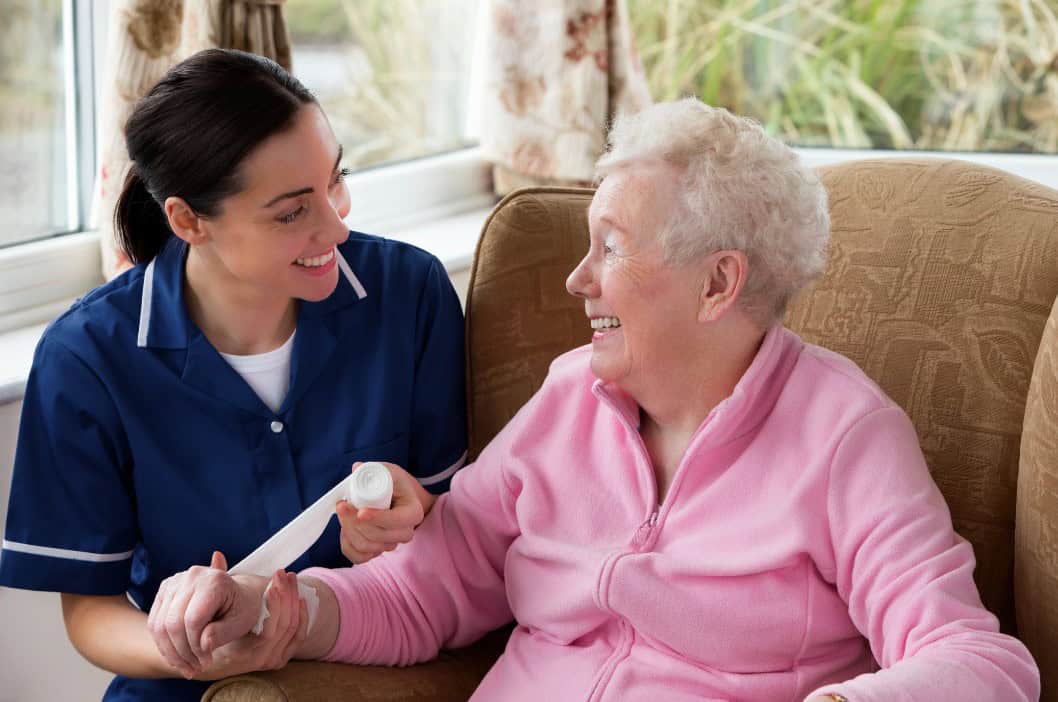Loneliness can affect everyone and loneliness symptoms do not discriminate based on age or status. In fact, a report in The Independent shows that up to 30% of the UK population have felt or feel chronically lonely.
Loneliness can be defined by constant or unrelenting feelings of being alone, separated or divided from others. Social isolation symptoms can vary among individuals, but something we can all keep an eye out for.
Furthermore, one in ten individuals feels that they lack the social connection of having a friend to confide in and one in five individuals feel unloved.
Short-term bouts of loneliness can happen to anyone, at any time, but when these feelings of loneliness and isolation get worse and continue for a long period of time, this may be a sign of severe loneliness, possibly social anxiety.
However one of the biggest issues for lonely people is getting them to admit they are lonely or struggling on their own. Therefore it is important for friends and family, to look out for them and be able to spot the signs.
Loneliness symptoms come in different forms, we’ve listed some of them below…
Time alone
Time alone may sound like an obvious symptom, but sometimes this can often go missed, especially as everyone around us has busy schedules.
If you have a work colleague for instance who always takes lunch alone, sits by themselves at other break times and doesn’t initiate much conversation, it could be because they feel uncomfortable and unsure how to fit in.
It’s important to note that there are some individuals who do enjoy their own company and it is a good idea to be mindful of that also.
However, despite being surrounded by their colleagues, 42% of individuals at work felt like they didn’t have any friends and as a result, suffered from loneliness and social isolation.
Older people in our lives and communities also spend a lot of time on their own, especially any that have had to isolate themselves due to the covid-19 pandemic, and it is easy to stop speaking to people at all.
Negative thinking
People who have feelings of loneliness often can have very negative thoughts and are more likely to become annoyed by small things and will often bring up bad experiences regularly.
This could be because they don’t have anyone close often enough to laugh about things with, so instead, they fester about it and a small negative can become large and a big part of their daily thinking.
You may find that if you do speak to a person who is displaying signs of loneliness that they’re not as happy as you would expect, especially when you’re sharing good news with them – try not to take this personally or get angry with them over it, think about how you can help instead.
Attached to material things
A common symptom of someone who might feel lonely is they might turn to retail therapy as a way to help them – as this gives this individual someone to look forward to in their day.
They may end up spending a lot of money on things they don’t really need or have things replaced that really do not need to be replaced, for example, a new car or kitchen after only a few years with no real need behind it.
It could be that they are missing the excitement or social contact with tradespeople, and other people in general.
You may also find that those suffering from loneliness have a busy schedule, maybe doing lots of solo travelling or dedicating hours to their passions – trains, collecting stamps etc. If possible, try and spend more time with these individuals without their passions or material objects being involved and see if you can break through to them as a person again.
Everyone’s experience is different
Loneliness is hard and different for everyone – remember there are some individuals that genuinely do just enjoy their own space and company, and that is perfectly fine!
However, if you do notice some worrying signs of loneliness, please contact their friends and family for further support, reach out to the individual and if you are really concerned for their mental wellbeing, get further medical advice
Social isolation doesn’t have to become an issue
Nationwide social isolation is a growing public health risk, and for many families living far away from their loved ones is incredibly difficult – particularly when they want to look after them themselves.
Older adults experience health issues and their mobility begins to decline which makes them a higher risk for chronic loneliness.
MyLife can help your loved one with their loneliness through our companionship service, providing your family member with a friendly face whilst helping them take back control of their lives.








